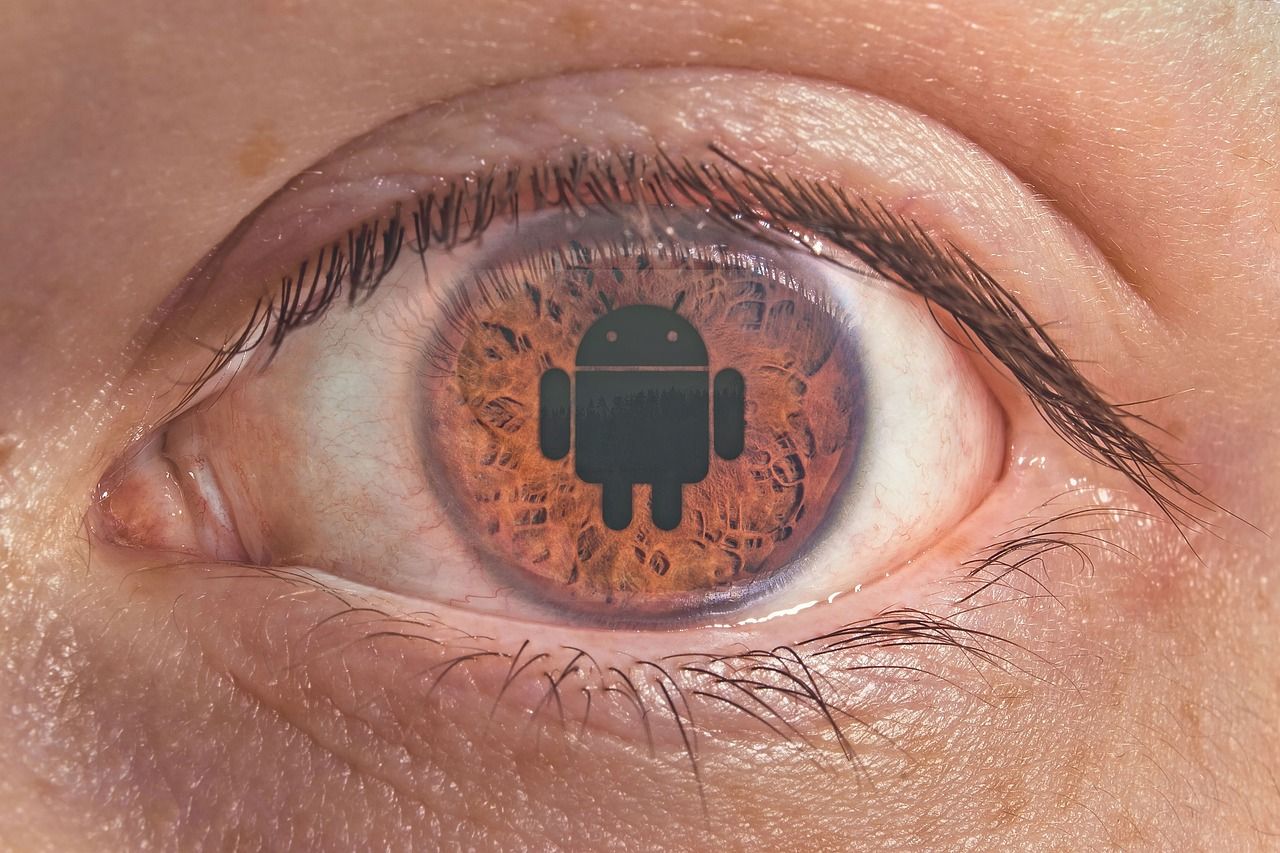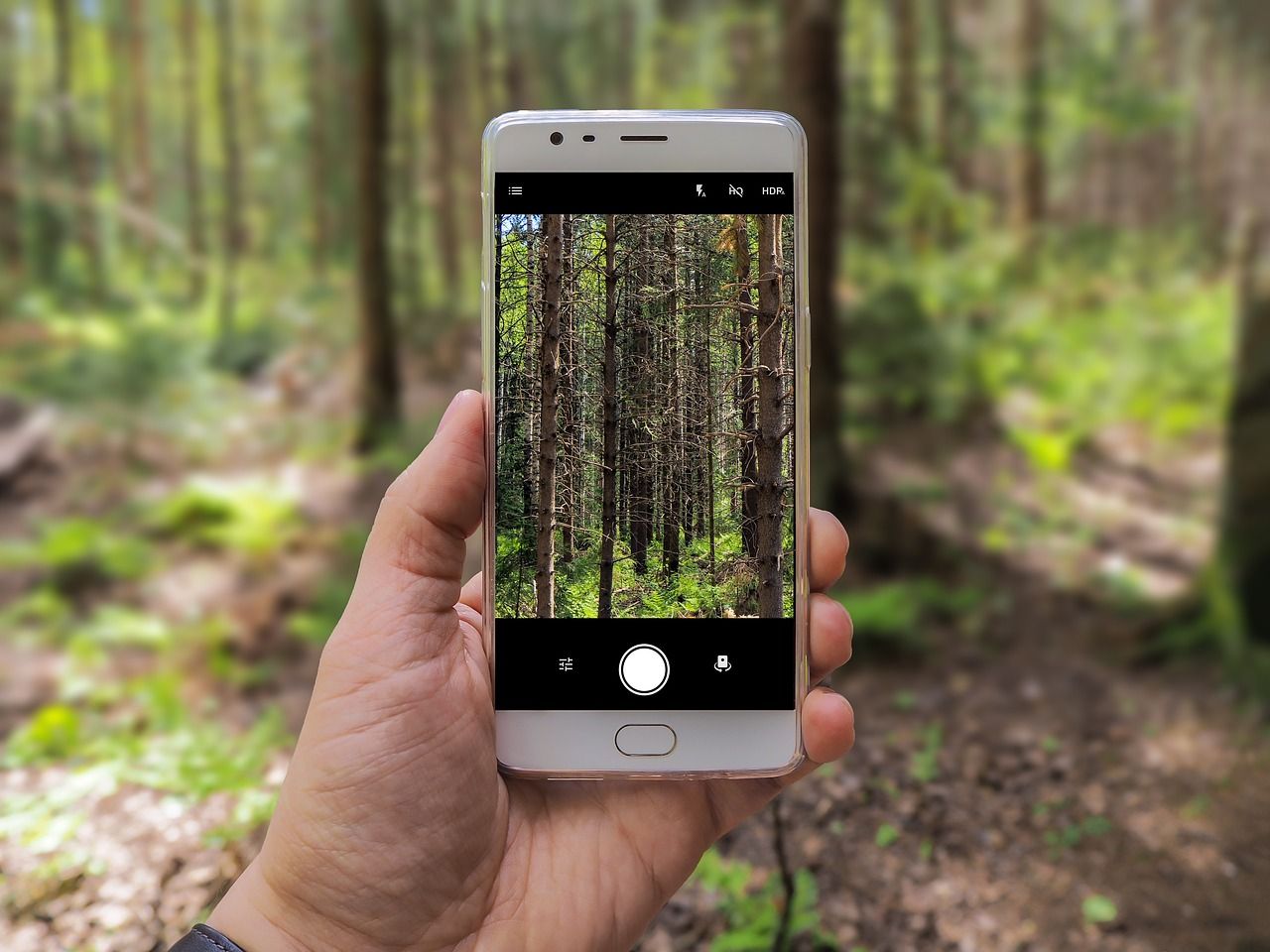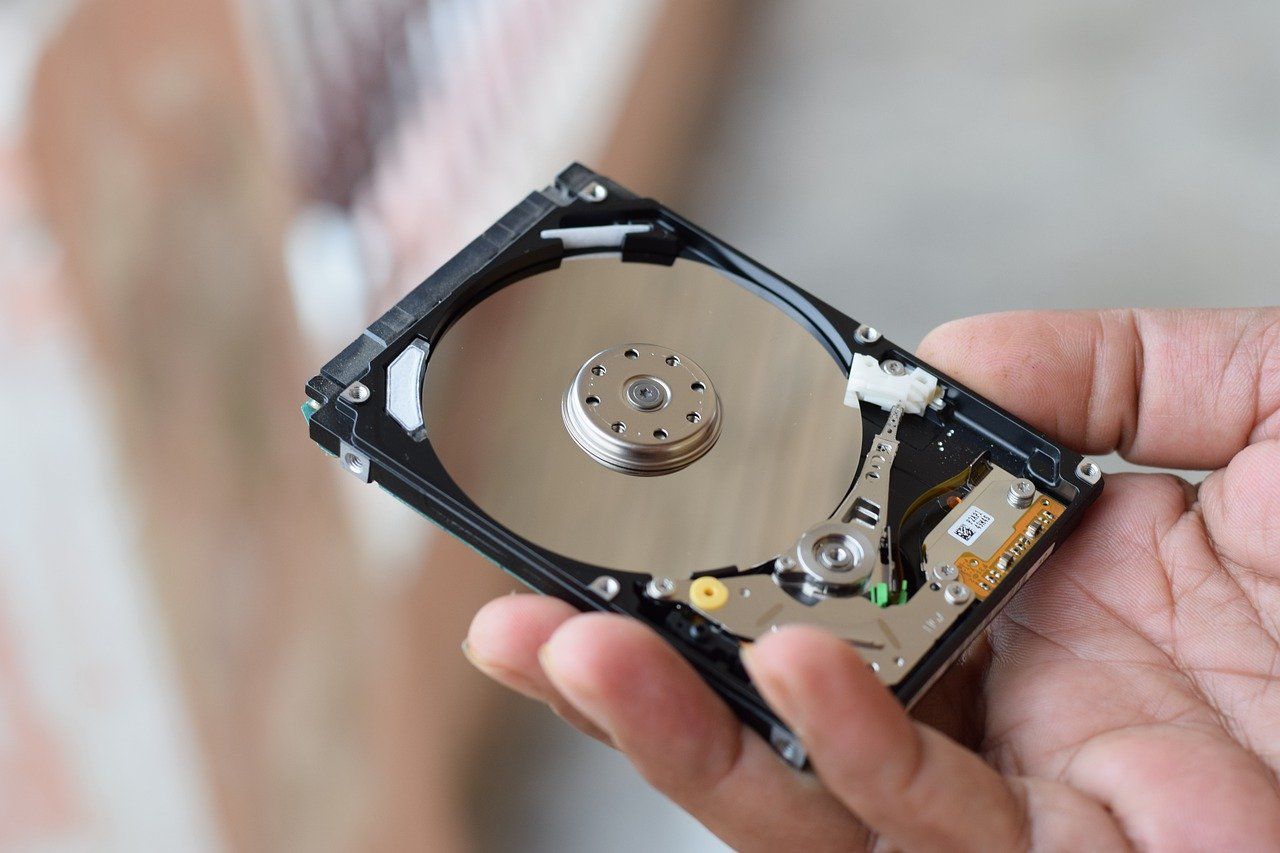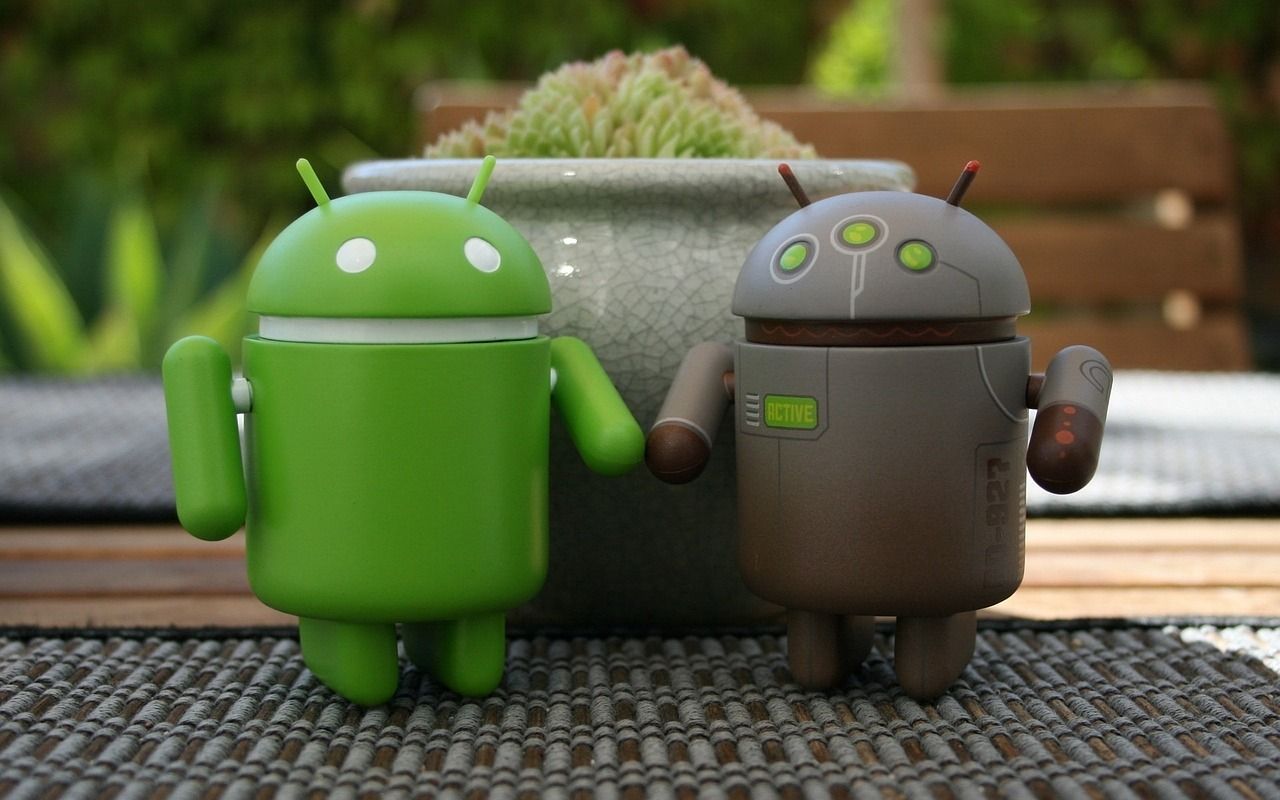A Rivalry for the Ages
In the ever-evolving world of technology, few debates have captured our attention quite like the ongoing battle between iPhone and Android. As we delve into 2024, this clash of titans continues to shape the landscape of mobile devices, offering users an expanding array of features, innovations, and choices. Let's embark on a journey through the smartphone universe, exploring how these two powerhouses stack up against each other in today's digital age.
The Heart of the Matter - iOS vs Android
At the core of this debate lies the fundamental difference in philosophy between Apple's iOS and Google's Android operating systems. iOS, with its sleek, uniform interface, has long been praised for its intuitive design and seamless user experience. Apple's walled garden approach ensures a tightly controlled ecosystem, where every element works in harmony. On the flip side, Android embraces diversity and customization, offering users a playground of possibilities to tailor their devices to their hearts' content.
Customization: Making Your Phone Truly Yours

Photo from Pixabay
Android - The Customization King
Android has traditionally held the crown in this arena. The latest Android 14 update takes this to new heights, allowing users to transform their devices into unique digital expressions of themselves. Imagine swiping through your home screen, each swipe revealing a new world of your own design. With launchers like Nova Launcher and Niagara Launcher, Android users can craft bespoke interfaces that cater to their every whim.
iPhone - Breaking New Ground
But wait, iPhone enthusiasts! Before you look away in envy, Apple has been making strides in the customization department. The upcoming iOS 18 is set to break new ground, allowing users more freedom in arranging their home screens. While it may not match Android's level of flexibility, the ability to create blank spaces and arrange icons more freely is a significant step forward for iOS.
App Ecosystems: Quality vs Quantity
Google Play Store
The Google Play Store boasts a vast array of applications, from the essential to the esoteric. Want an app that turns your photos into renaissance paintings? There's probably a dozen to choose from. The open nature of Android even allows for alternative app stores like F-Droid, catering to niche interests and privacy-focused users.
Apple App Store
Apple's App Store, while more curated, is renowned for its quality control and security measures. It's like a high-end boutique compared to Android's bustling bazaar. Developers often choose to launch their apps on iOS first, knowing that iPhone users are more likely to shell out for premium applications.
Hardware Innovations: Pushing the Boundaries

Photo from Pixabay
Camera Technology
Both platforms are pushing the envelope of mobile photography. The latest Android flagships, like the Samsung Galaxy S24 Ultra, boast mind-boggling 200MP main cameras with 100x Space Zoom features. Not to be outdone, Apple's iPhone 15 Pro Max introduces a 48MP main camera with a sensor so large it practically drinks in light, offering stunning low-light performance.
Display Technology
Android manufacturers have taken a leap into the future with foldable displays. Devices like the Samsung Galaxy Z Fold5 and the Google Pixel Fold offer the best of both worlds – a pocket-sized phone that unfolds into a tablet-sized screen. While Apple hasn't yet entered the foldable fray, they've been pushing boundaries in other ways. The iPhone 15 Pro series features a ProMotion display with a buttery-smooth 120Hz refresh rate and always-on functionality.
Performance and Power
Processing Power
Under the hood, both platforms are packing serious firepower. Many flagship Android devices are powered by the Qualcomm Snapdragon 8 Gen 3 chip, a silicon beast that brings AI capabilities and enhanced gaming performance to your fingertips. Apple, never one to be left behind, has equipped its iPhone 15 Pro series with the A17 Pro chip, bringing desktop-class GPU performance to mobile.
Battery Life and Charging
Many Android phones have taken the lead in charging speeds, offering what can only be described as superhero-like abilities. The OnePlus 12, for example, offers 100W wired charging and 50W wireless charging, juicing up in under 30 minutes. iPhones, while typically slower to charge, have earned a reputation for excellent battery optimization, with the iPhone 15 Pro Max lasting up to 29 hours on a single charge with normal use.
Smart Features: Your Personal Digital Assistant
Virtual Assistants
Google Assistant, deeply woven into Android devices, has become incredibly proactive, anticipating needs and offering suggestions before you even ask. Siri, Apple's virtual assistant, has been making strides to catch up, now working offline for many tasks and offering deeper integration with iOS apps.
Smart Home Integration
Both platforms offer robust smart home solutions. Android's Google Home platform boasts wide compatibility with various smart home brands and integrates beautifully with Google's own Nest ecosystem. Apple's HomeKit, while more limited in device compatibility, is known for its strong security features and deep integration with iOS.
Ecosystem Integration: A Seamless Digital Life

Photo from Pixabay
Apple
The synergy between Apple devices is almost magical. Start writing an email on your iPhone, and you can pick up right where you left off on your Mac. AirDrop files between devices with a simple gesture. Answer calls and messages on your iPad or Mac, even if your iPhone is in another room.
Android
Android has been working hard to close this gap. Google's "Fast Pair" technology allows for quick connection between Android phones and compatible accessories. The integration between Android phones and Chromebooks is becoming more seamless, offering features similar to Apple's Continuity.
Privacy and Security: Protecting Your Digital Life
Both platforms have made significant strides in privacy and security. Apple has long positioned itself as a champion of user privacy, with features like App Tracking Transparency and iCloud Private Relay. Google has introduced features like the Privacy Dashboard and approximate location sharing on Android, giving users more control over their data.
As we look to the future, both platforms are exploring augmented reality (AR) and virtual reality (VR) technologies, promising to transform how we interact with the digital world. Whether it's Apple's rumored AR glasses or Google's evolving AR capabilities in Android, the next battleground may well be the space right in front of our eyes.
The iPhone vs Android debate in 2024 is less a fierce rivalry and more a celebration of choice. Both platforms offer incredible devices packed with cutting-edge technology, each with its own strengths and unique features. Whether you're capturing life's moments with a 200MP camera, folding your phone into a tablet, or controlling your entire smart home with a voice command, today's smartphones are technological marvels that continue to reshape our world.
As you stand at the crossroads of this great smartphone debate, remember that there's no wrong choice. Whether you opt for the sleek, integrated world of iPhone or the customizable, diverse universe of Android, you're stepping into a future where the power of a supercomputer fits in your pocket. The real question isn't which is better, but which one will you use to shape your digital life in this exciting technological age? The choice, as always, is yours.







